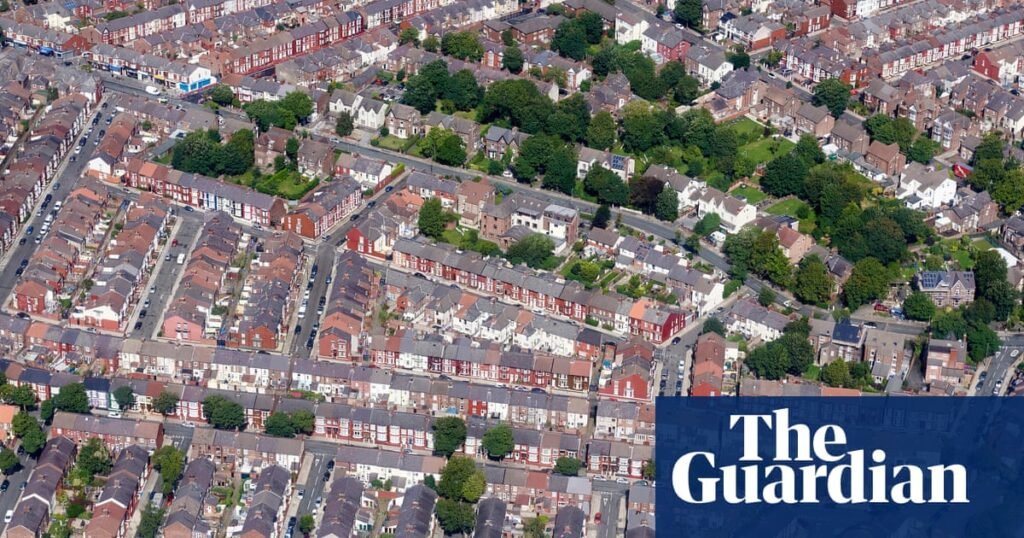UK mortgage approvals slumped in September amid mounting signs of stress in the property market, according to official figures before the Bank of England’s next decision on interest rates on Thursday.
Figures from the central bank showed net borrowing of mortgage debt decreased from £1.1bn in August to a net repayment of £900m in September – the lowest since April this year.
Reflecting the impact of the sharpest rise in borrowing costs in decades, net remortgaging approvals collapsed to 20,600 – the lowest level since January 1999 – as more people stayed with their existing lender, or paid off their debts where they were able to do so.
Financial markets widely expect the Bank to leave interest rates unchanged on Thursday for a second time at the current level of 5.25%, amid growing fears over the strength of the economy after 14 consecutive increases from 0.1% in December 2021.
It comes after the Bank paused its cycle of interest rate rises in September, raising hopes among households for a peak in borrowing costs. However, inflation in the UK remains at the highest rate in the G7, while there are concerns that rising energy prices will add to pressure on households and businesses.
Economists have warned the impact of previous rate increases are yet to be fully felt as households approach the end of cheaper mortgage deals. Millions of borrowers are expected to face a huge rise in repayments over the next year, in a ticking timebomb worth £15bn before Christmas next year, the Resolution Foundation has warned.
According to the latest figures from the Bank, the effective interest rate – the interest paid on newly drawn mortgages – rose by 19 basis points to 5.01%, up from just 1.78% two years ago.
However, the average rate on outstanding mortgages was 3.14%, highlighting how many borrowers have yet to reach the end of cheaper deals agreed before the sharpest rise in rates for several decades.
“The remortgage numbers highlight very clearly how many people have no choice but to stay with their existing lender due to affordability reasons,” said Gary Bush, a financial adviser at the Potters Bar-based MortgageShop.com.
after newsletter promotion
“We are hoping, or rather praying, for no new crisis to appear on the horizon, whether economic, financial or fiscal, but it seems that one always manages to rear its ugly head. A calm end to 2023 is what’s needed.”
Economists warned higher borrowing costs could push Britain into a recession and trigger a sharper fall in house prices. Across the country house prices are falling at the fastest rate since 2009, with valuations falling in every local property market in the south and east of England this year, according to the property portal Zoopla.
Anthony Codling, an analyst at RBC Capital Markets, said: “The housing market appears to be catching a cold, and we do not expect November’s autumn statement to administer a booster jab. It could be a cold and dark winter for the UK housing market.”

